In a world dominated by screens and digital content, reading books might feel “old-school.” But in reality, books are timeless tools that help shape a student’s knowledge, personality, and thinking. Whether it’s a textbook, a novel, or a biography, every book has the power to transform a student’s life.
In this article, we’ll dive deep into why reading books is still one of the most valuable habits students can develop — and how it can change not just their grades but their entire outlook on life.
📖 Why Reading is Crucial for Students
Reading isn’t just about gathering information. It’s about developing the mind, improving focus, building character, and opening doors to imagination, creativity, and empathy.
Let’s explore the key reasons:
🧠 1. Expands Knowledge and Understanding
Books provide access to different perspectives, cultures, and ideas. Students learn beyond the classroom — they dive into history, science, philosophy, and life itself.
- Textbooks explain theories.
- Fiction opens minds to emotional intelligence.
- Biographies inspire with real-life stories.
📌 A reader lives a thousand lives before he dies.
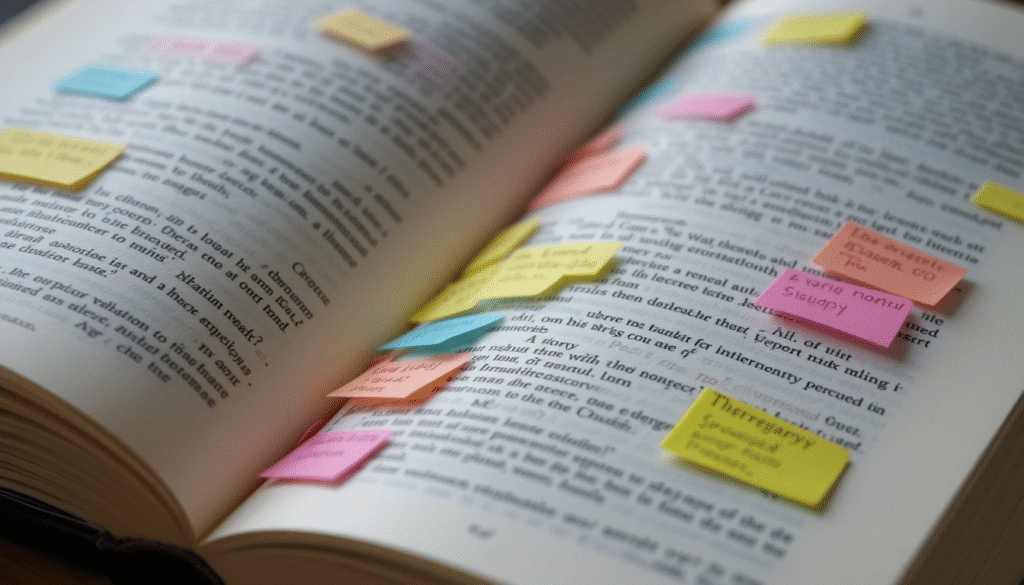
📚 2. Improves Vocabulary and Language Skills
Reading regularly introduces students to new:
- Words
- Sentence structures
- Grammar
- Writing styles
This naturally improves essay writing, comprehension, and even speaking fluency.
Students who read perform better in exams like IELTS, SAT, and school tests — especially in English and literature.
🧘♀️ 3. Enhances Focus and Concentration
Unlike scrolling through social media, reading requires complete attention. It strengthens:
- Patience
- Mental discipline
- Deep focus
This habit also helps with better study sessions and improved exam performance.
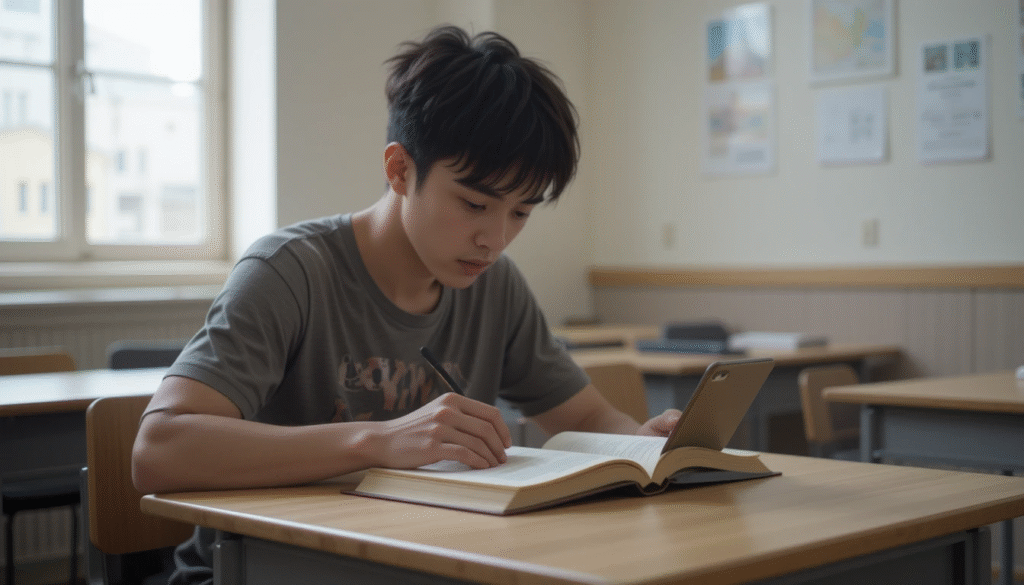
💡 4. Stimulates Imagination and Creativity
Books let students visualize characters, places, and emotions, creating a mental movie. This stimulates the brain’s creativity center.
Especially for young students, reading fiction improves storytelling, essay writing, and idea generation for projects and presentations.
🔍 5. Develops Critical Thinking and Analytical Skills
Books present:
- Conflicts
- Complex plots
- Ethical dilemmas
- Different viewpoints
By thinking about character motivations, predicting outcomes, or analyzing decisions, students learn to evaluate situations logically and critically.
This is a skill that benefits not just academics but real life too.
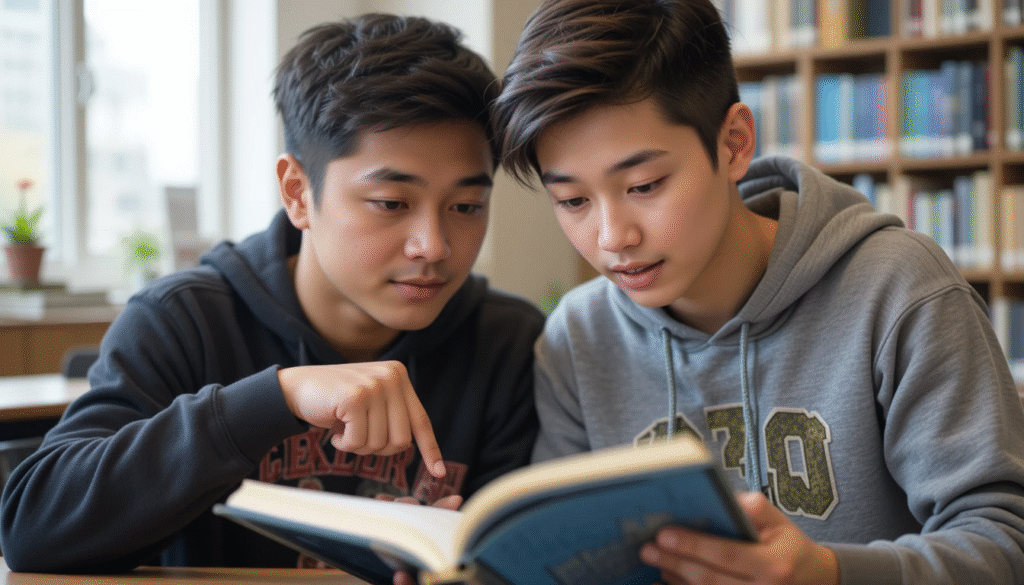
🌱 6. Builds Emotional Intelligence
Literature gives students insight into:
- Human emotions
- Social situations
- Empathy and compassion
- Different cultures and experiences
They learn to understand others better, becoming more open-minded and tolerant — something textbooks alone can’t teach.
📊 7. Boosts Academic Performance
Students who read more tend to:
- Score higher in language and comprehension exams
- Understand subjects like history and science better
- Retain information longer
- Develop better writing and communication skills
Reading supports all subjects, not just language arts.
🕰️ When and How Should Students Read?
You don’t need to read for hours daily. Start small and be consistent.
🔄 Ideal Reading Routine:
- 📅 30 minutes before bedtime (improves sleep too!)
- 📘 Read 10–15 pages/day
- 🧩 Choose topics that interest you
- 🧠 Reflect or journal about what you read
🔍 What Should Students Read?
It depends on age and interest. Here’s a simple guide:
For Primary Students:
- Picture books
- Short stories
- Fairy tales
- Simple moral lessons
For Middle School:
- Fiction (Harry Potter, Percy Jackson)
- Encyclopedias
- History adventures
- Nature and science books
For High School/College:
- Self-help books (Atomic Habits, Deep Work)
- Classic literature (1984, Animal Farm)
- Biographies (Elon Musk, Malala Yousafzai)
- Subject-relevant books (science, politics)
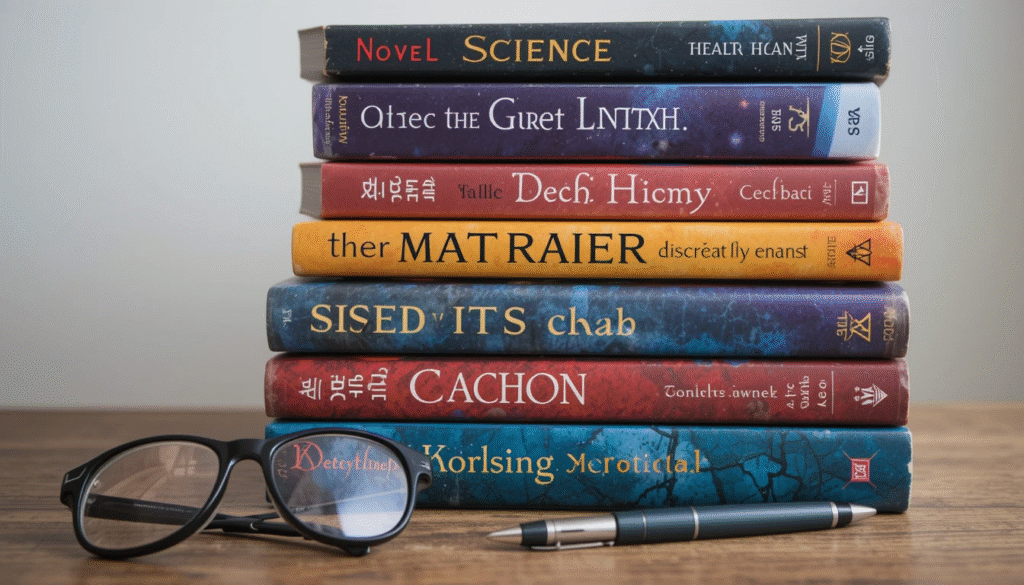
📱 Reading Books vs. Digital Screens
While eBooks and audiobooks are helpful, printed books provide:
✅ Less eye strain
✅ Better focus (no notifications)
✅ Deeper reading comprehension
But digital reading also has advantages:
- Accessibility
- Portability
- Built-in dictionaries
Use a mix of both, but make sure to limit screen time before sleep.
🧠 Long-Term Benefits of Reading
For students, reading develops a foundation of success that lasts for life.
💼 Career Growth:
- Better communication in interviews
- Improved problem-solving
- Stronger leadership and decision-making
🧘♂️ Mental Health:
- Reduces stress
- Lowers anxiety
- Improves sleep
- Boosts mood
🎯 How to Build a Reading Habit
Starting a habit can be hard. Here are tips to help:
- Set daily reading goals (10–20 mins)
- Keep a book beside your bed
- Join a school book club or reading challenge
- Avoid pressure — read for enjoyment
- Use reading trackers or journals
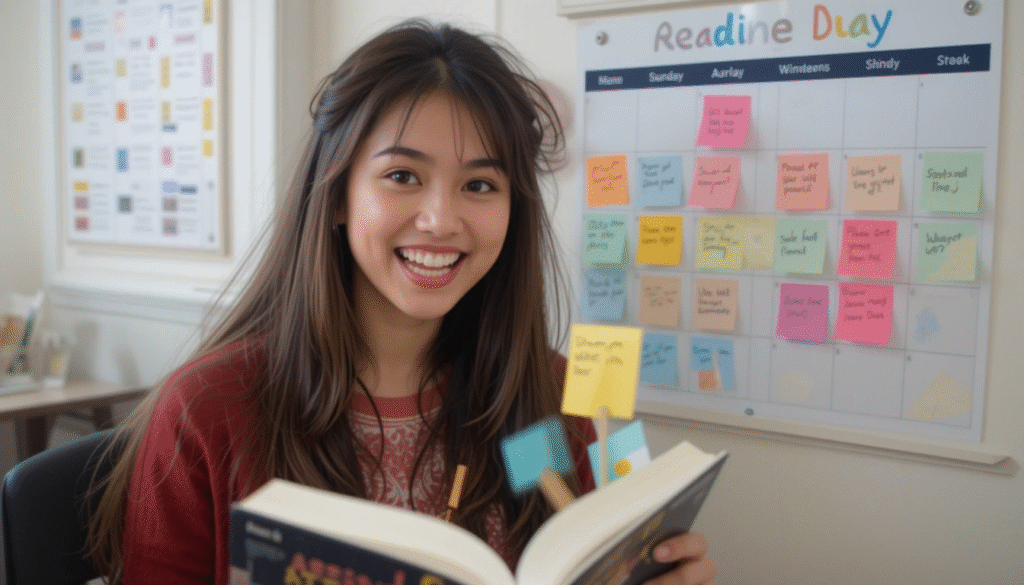
📝 Final Thoughts: A Book Can Change a Life
Reading is not just an academic habit — it’s a life-changing experience.
Every book opens a new door — to knowledge, wisdom, and empathy. In a world of endless distractions, students who read have the edge. They’re more informed, better spoken, and emotionally mature.
So, pick up a book today — and build a habit that will shape your tomorrow.
📥 Free Resource: Book Tracker Template for Students
🟢 Track your reading goals, books finished, and your thoughts after each one.
👉 Available in PDF & Google Sheet format
Would you like me to generate the downloadable file for this?